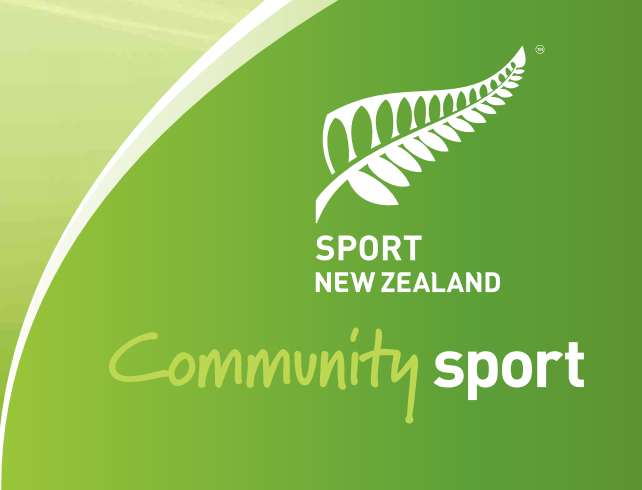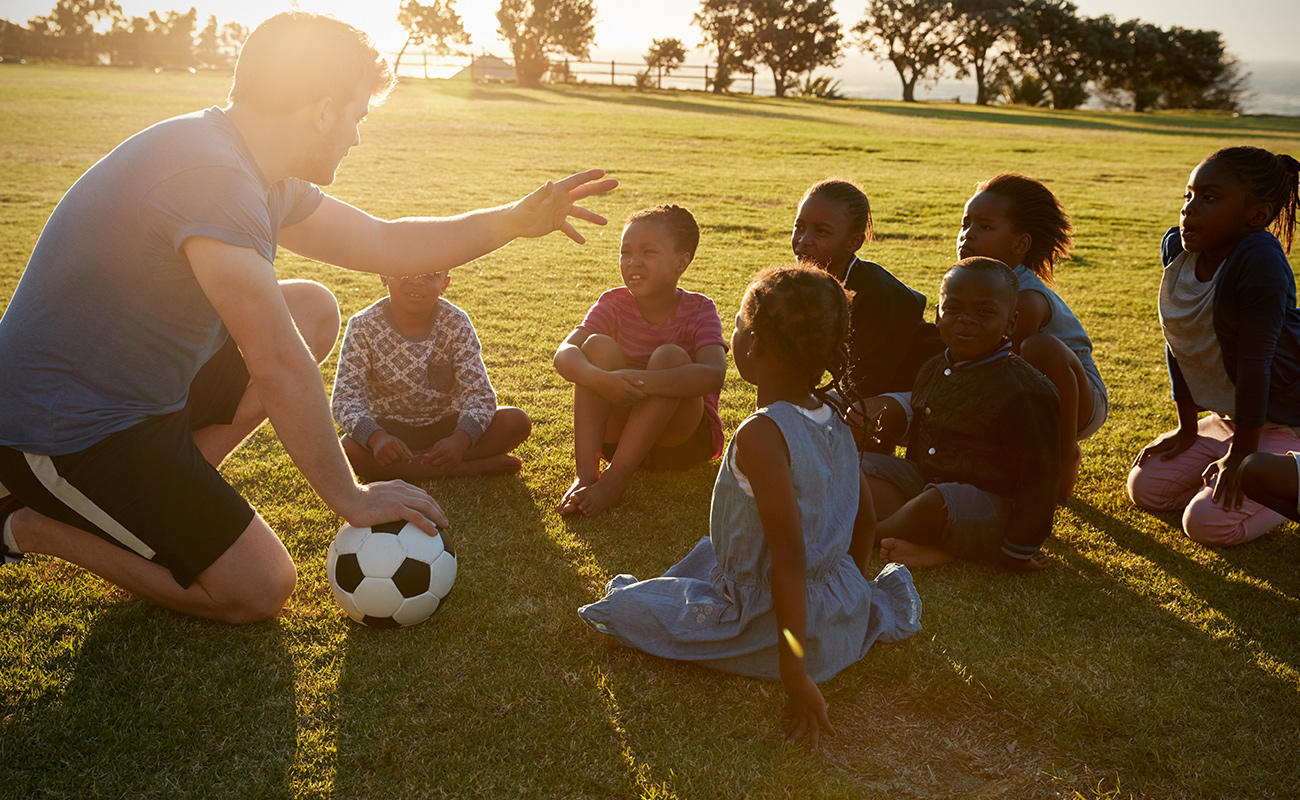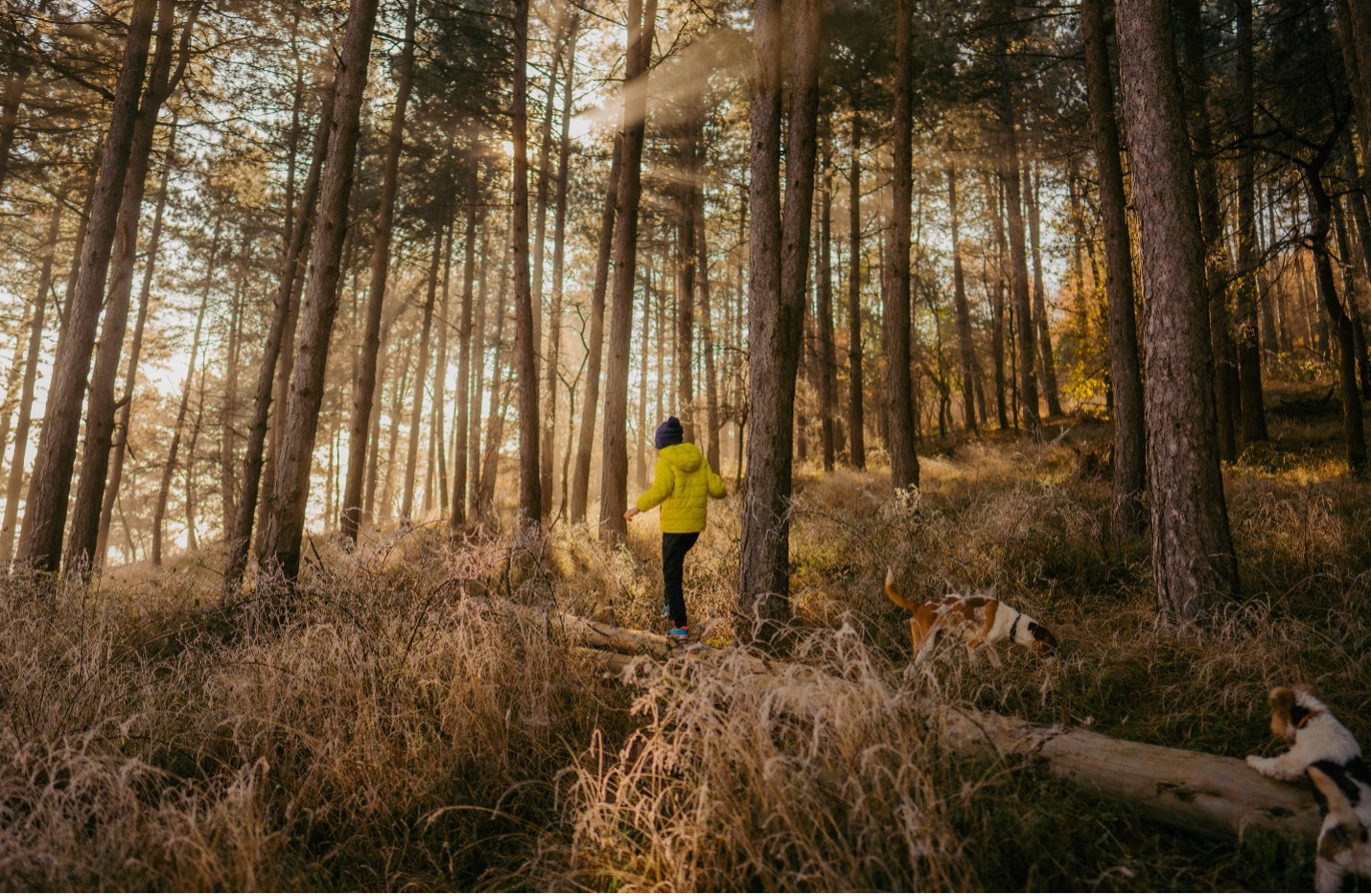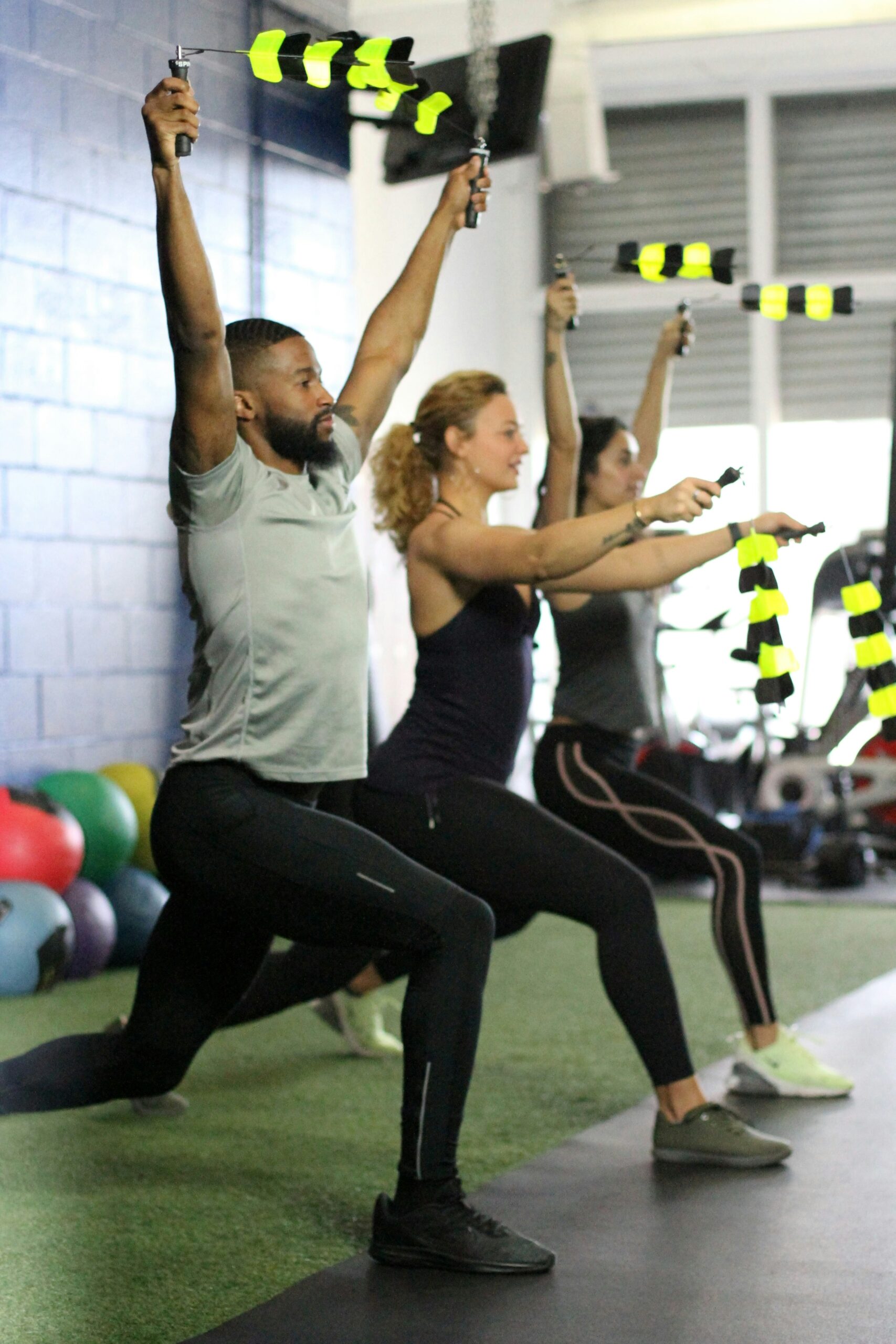Physical Literacy – ‘Kiwi Style’

The concept of physical literacy is an excellent fit with Sport New Zealand’s vision of ‘enriching lives and inspiring a nation through physical activity and sport’.
New Zealand has a proud history of being an active nation, which stems from generations of Kiwis enjoying a wonderful, playful upbringing. But we know that things are changing and we can’t assume we will always be active. Young people have increasingly sedentary lifestyles. Urbanisation and other societal trends are changing the way Kiwis are choosing to take part in physical activity. Technology is changing the way people interact with each other and people are fitting sport into increasingly busy lives. These are challenges for everyone in the sports and recreation sector, and we have to work hard if we want to ensure New Zealanders remain physically active.
Now more than ever, we need to be conscious of the needs of our participants and create the opportunities and experiences that will help create a lifelong love of sport and recreation. One of the ways we are responding to this is through supporting and promoting physical literacy, which is now the cornerstone of our approach to delivering community sport and recreation for New Zealanders
We can’t expect people to get the most out of their sport and recreation experiences if we aren’t considering their physical, social and emotional, cognitive and spiritual needs.
This sort of holistic approach to delivering sport and recreation is nice in theory, but how do we put it into practice?
While fostering a ‘physical literacy approach’, is relatively new to us and to our partners in the sector, the underlying concepts are not. Māori models of wellbeing such as Te Whare Tapa Whā within our health sector; and Hauora, which underpins our national physical education curriculum, take a holistic approach and therefore enable us to explore ways of working that helps to draws links and clarify roles and responsibilities.
Like many countries, New Zealand has experienced a blurring of the lines between physical education, recreation and sport, and a key emphasis for us moving forward is to ensure physical education in schools is strongly advocated for and not replaced by sport.
So, the first steps we undertook were shaped by a strong focus on collaboration. To gain any traction and long term commitment to practices and policies that support physical literacy we need to ensure
- a collective understanding of what it is; (remaining true to the IPLA Margaret Whitehead definition)[1]
- demonstrate its value;
- and be mindful of the fact that we are part of a wider system involving many other agencies and organisations that play a role in an individual’s ongoing choice about an active lifestyle.
So with this backdrop – action one was to bring together a variety of expertise across our sector. This collaboration led to the creation of our Sport NZ ‘Physical Literacy Approach’. [2]
The document outlines:
- why Sport NZ is taking this approach
- what physical literacy is
- what we hope to achieve and how we aim to achieve it
- and initial guidance as to how we start considering holistic needs across different life stages.
From this beginning we held a nationwide series of introduction workshops, available for anyone within the wider NZ sporting and recreation system to attend. The aim of this training was to share our vision, inspire a sense of excitement about the approach, and very importantly, ensure a shared common understanding and ownership existed across partners. An important component of these sessions was around unpacking the “truths myths and fairy tales” of physical literacy. Being open to critique, discussion and honest conversations was a significant aspect of the success of these workshops – the other crucial element was the involvement and co-delivery from the New Zealand education sector through our subject knowledge expertise group – Physical Education NZ (PENZ).
Emphasising that physical literacy is not a curriculum, a programme or a replacement for physical education; but rather an individual disposition bought about by an approach and way of working based on needs is proving to be an effective glue in bonding together the many partners and agencies involved in a person’s ‘physical literacy journey’.
While we’ve had a positive start, we have lots more work to do, and we are well aware there will still be challenges and issues to face. We plan on aligning further and working together with the IPLA, who we see as a guidance and lead group. Having the chance to share ideas internationally at the recent IPLA workshop was a valuable and worthwhile step in this direction.
We have recently formed a NZ physical literacy advocacy group whose role is to champion and advocate physical literacy across the sector, and be the ‘key network’, developing the tools, support, training and feedback mechanisms required across the range of settings within our NZ community sport system.
While physical literacy is all about each person’s unique journey, at Sport NZ we believe we are also on our own exciting direction concerning physical literacy and we are looking forwards to the positive path ahead.
Blog written by Karen Laurie, Early Years and Primary School Consultant.
[1] https://www.physical-literacy.org.uk/
[2] http://www.sportnz.org.nz/assets/Uploads/attachments/About-us/2015-PhysicalLiteracyDocument-Online.pdf



